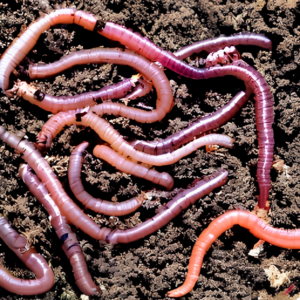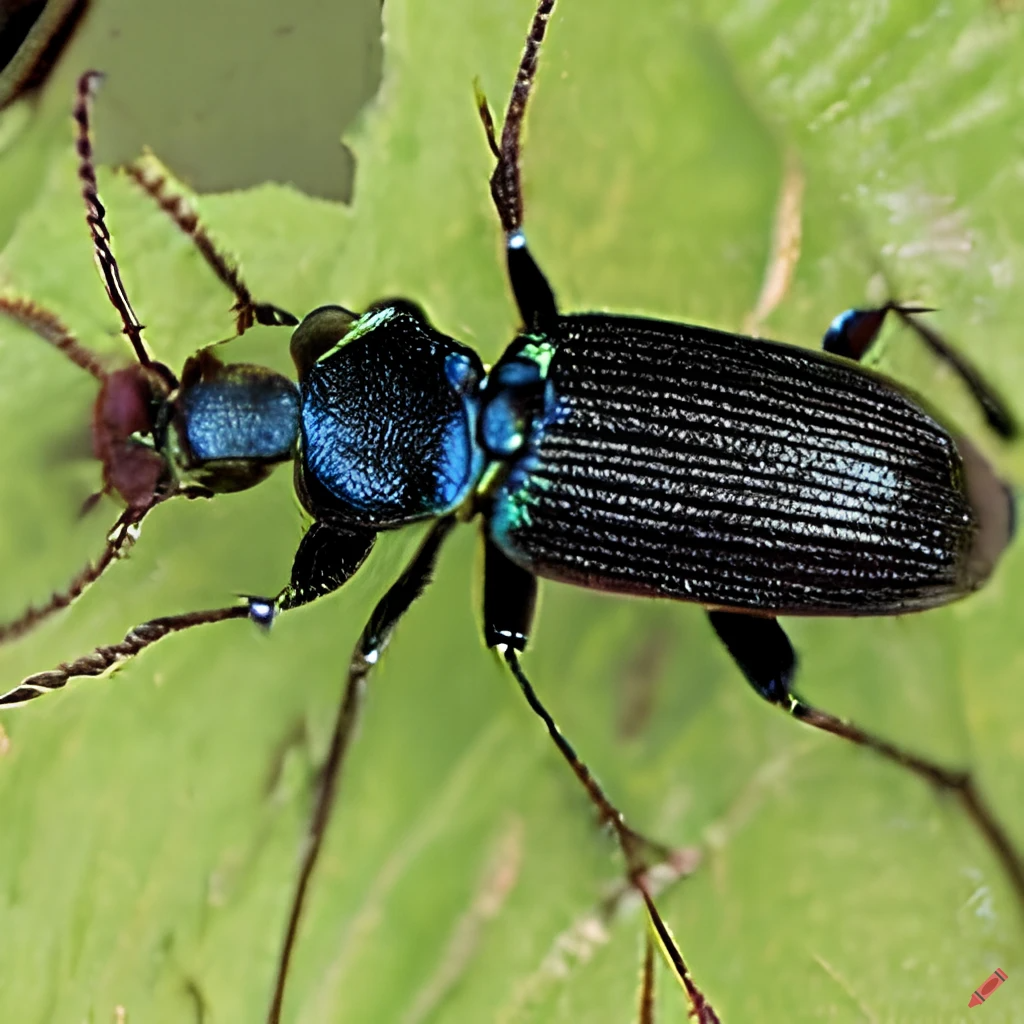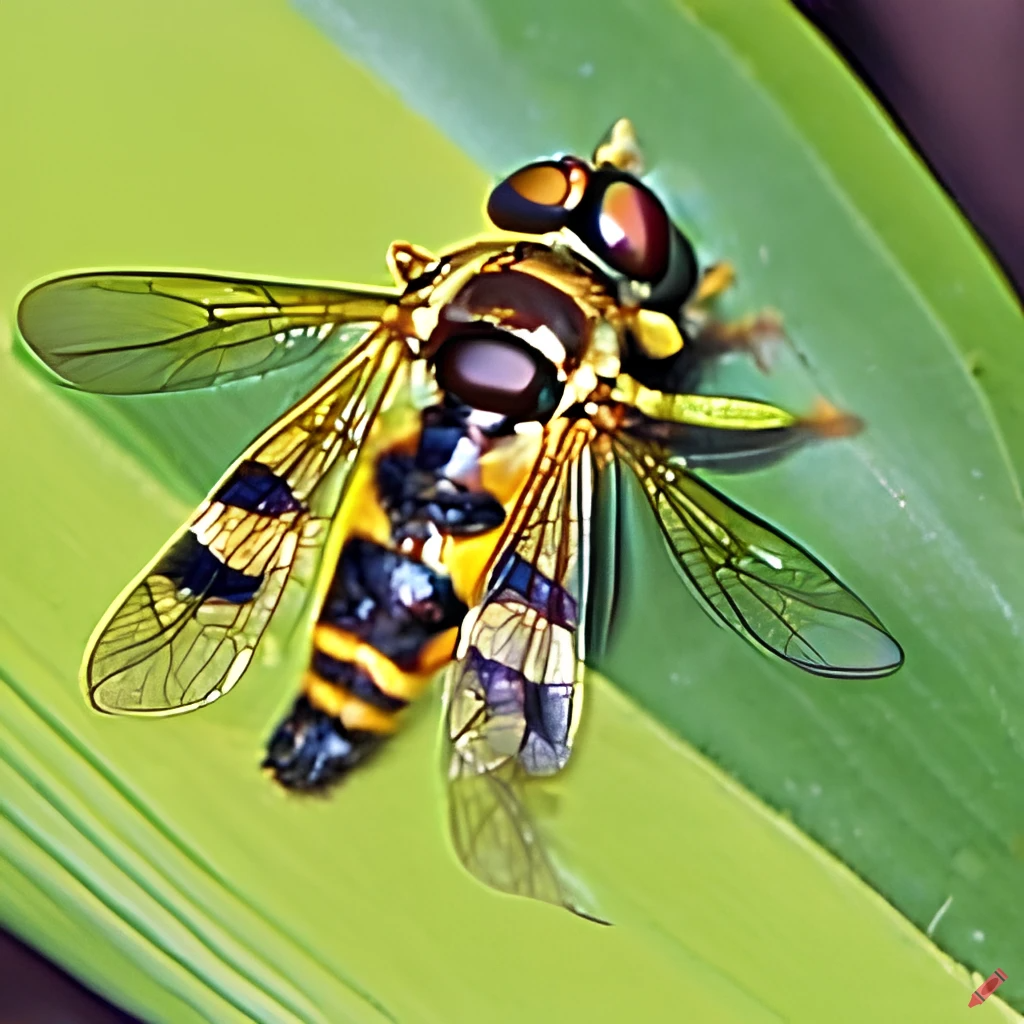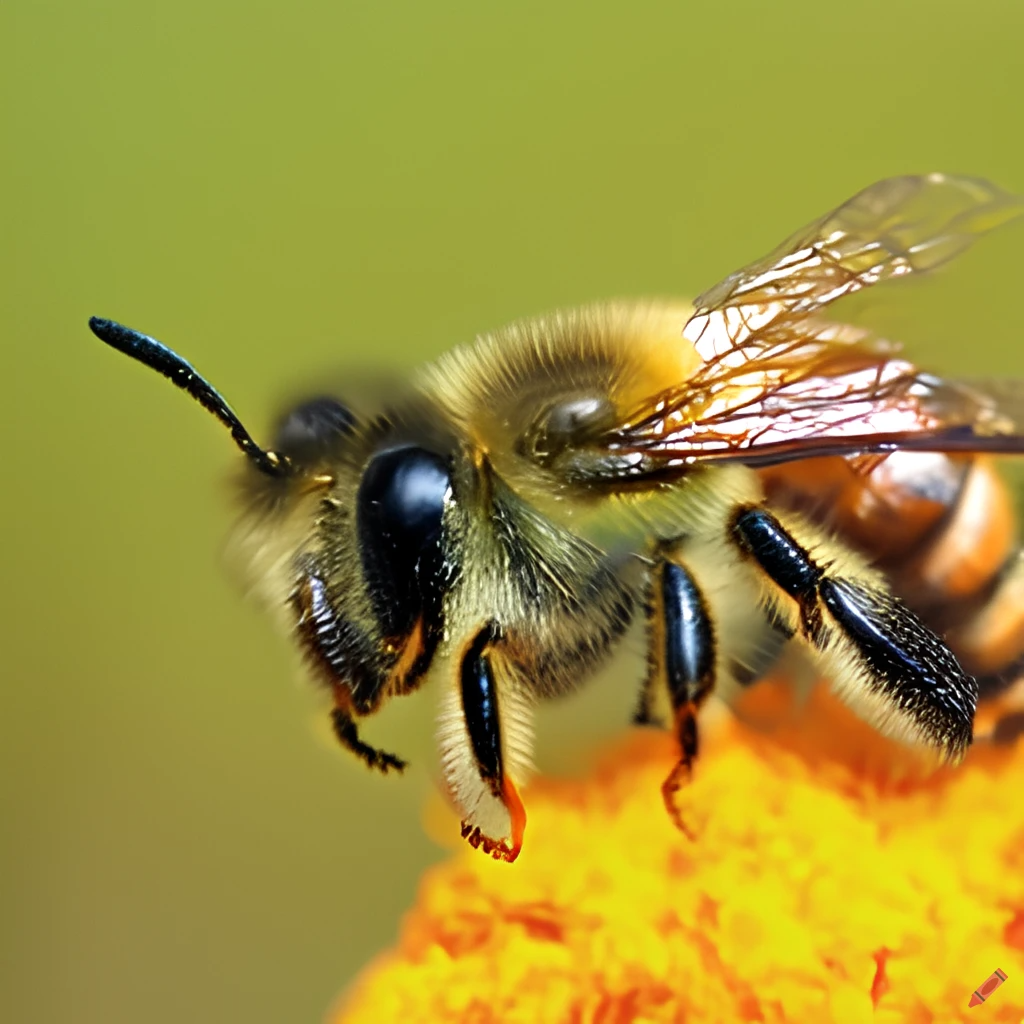Earthworms

Earthworms are often overlooked but they play a crucial role in the health and productivity of gardens. These wriggly creatures can be found in almost every type of soil, and they have numerous benefits for gardeners.
Firstly, earthworms are excellent soil aerators. As they burrow through the soil, they create tiny channels that allow air and water to penetrate deeper into the soil. This helps to improve soil structure, which in turn increases soil fertility. Aeration also helps to prevent soil compaction, which can be a problem in heavy soils. Soil compaction can make it difficult for plant roots to grow and can reduce the amount of water that soil can hold.
Secondly, earthworms are fantastic decomposers. They feed on organic matter in the soil, breaking it down into smaller particles. This process releases nutrients such as nitrogen, phosphorus, and potassium into the soil, which are essential for plant growth. The nutrients are then available for plants to absorb through their roots.
Thirdly, earthworms help to improve soil drainage. By creating channels in the soil, they allow water to drain away more quickly. This is particularly important in heavy clay soils, which can become waterlogged and lead to root rot.
Fourthly, earthworms can help to control pests in the garden. They are known to feed on the eggs and larvae of some pests such as slugs and snails, which can be harmful to plants. By keeping pest populations in check, earthworms help to maintain a healthy ecosystem in the garden.
Fifthly, earthworms can help to increase soil fertility. As they digest organic matter, they produce nutrient-rich castings that are excellent fertilizers. These castings are packed with essential plant nutrients, and they also help to improve soil structure and water-holding capacity.
Earthworms are essential to the health and productivity of gardens. By aerating the soil, improving soil structure, decomposing organic matter, improving drainage, controlling pests, and increasing soil fertility, earthworms provide numerous benefits to gardeners. To encourage earthworm populations in your garden, avoid using chemicals that can harm them, such as pesticides and herbicides. Instead, focus on building healthy soil by adding organic matter such as compost, leaf mold, or well-rotted manure. With healthy soil and a thriving population of earthworms, your garden will be a lush and productive haven for plants and wildlife alike.
Encouraging Earthworms in your garden
Here are some tips on how to attract and maintain a healthy population of earthworms in your garden:
- Add organic matter to your soil: Earthworms love organic matter such as compost, leaf litter, and manure. Adding these materials to your soil will provide earthworms with a source of food and a place to burrow.
- Avoid using pesticides and herbicides: Chemicals can be harmful to earthworms and other beneficial organisms in the soil. Instead, try natural methods of pest control such as companion planting, handpicking pests, and using natural predators.
- Avoid tilling: Tilling can disrupt the burrows and tunnels that earthworms have created in the soil. Try using a no-till or minimum-till method in your garden.
- Water your garden regularly: Earthworms need moisture to survive, so be sure to keep your garden well-watered. Avoid over-watering, as this can lead to waterlogged soil and may harm earthworms.
- Create a healthy soil environment: Earthworms thrive in healthy soils with good structure and plenty of organic matter. Maintaining a healthy soil environment by adding compost, using cover crops, and avoiding soil compaction can help to attract and maintain a healthy population of earthworms.
- Mulch your garden beds: Adding a layer of organic mulch to your garden beds can help to retain moisture, regulate soil temperature, and provide a source of food for earthworms.
Encouraging earthworms in your garden is beneficial for plant growth and soil health. By adding organic matter to your soil, avoiding chemicals, minimizing tillage, watering your garden regularly, creating a healthy soil environment, and mulching your garden beds, you can attract and maintain a healthy population of earthworms in your garden.


